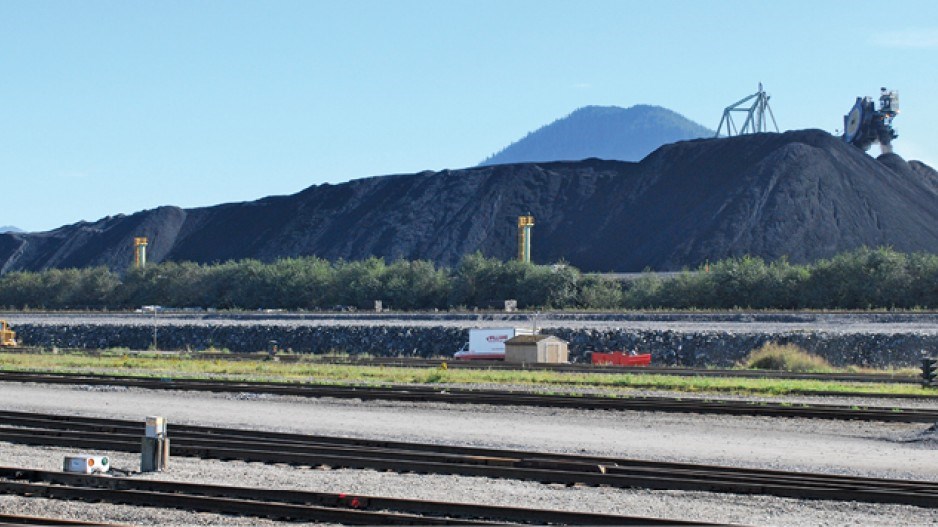Layoffs slated for mid-July, when Walter Energy Inc. (TSX:WLT) idles its third British Columbia coal mine, will bring to nearly 1,000 the number of its B.C. coal miners to lose their jobs in the past year.
The Alabama-headquartered company announced last week it was shuttering its Wolverine metallurgical coal mine in Tumbler Ridge, putting 415 miners out of work.
Another 280 Chetwynd miners will be laid off in July, when the company temporarily shuts down its third mine in that area – the Brule.
That's on top of the 250 who were laid off one year ago, when Walter Energy idled its Willow Creek mine near Chetwynd – one of five mines it closed that year in the United States, Canada and South Wales.
The only reason the Brule mine is being kept open until mid-July is that a labour agreement is in place that requires the company to give 12 weeks' notice of layoffs, said Thomas Hoffman, vice-president of communications for Walter Energy. Otherwise, the Brule mine would likely have been idled last week, along with the Wolverine mine.
All three mines produce "met" (metallurgical) coal used in steelmaking. Until recently, met coal had been sheltered from falling demand and lower prices for thermal coal, which has been driven in part by power companies in the U.S. switching from coal to natural gas.
The prices for met coal were buoyed by a temporary fall in production in Australia, where severe weather and flooding took their toll on met coal mines and railways, Hoffman said.
But Australian mines are back in production, and Hoffman said met coal prices have dropped from nearly US$300 per ton four years ago to US$100 per ton today.
"They're putting a lot of coal on the market," Hoffman told Business in Vancouver. "One of the reasons they can do that is that the Australian dollar is weaker, so it gives them an advantage versus the American dollar or the Canadian loonie."
Walter Energy ships its coal through Ridley Terminals Inc. in Prince Rupert. The company will continue to run plants in Wolverine and Willow Creek, and has enough coal to keep the terminal busy until mid-year, Hoffman said.
Frank Everitt, president of Local 1-424 of the United Steelworkers union, said the union has been unable to determine just how long its members could be out of work. He expects some will find jobs elsewhere and not come back to work, even if the mines restart.
"Being out of work for two years, it's impossible to live, so you've got to go find something else," he said.
While some of the miners are flown in on seven-day shifts, others live in Tumbler Ridge and Chetwynd.
Everitt said he's not sure whether depressed coal prices could result in more mine shutdowns in B.C. Teck Resources Ltd. (TSX:TCK.B) has several met coal mines in B.C.
But according to its annual report, Teck had record met coal production in 2013 (26.9 million tonnes) as a result of increased global steel production, and plans to restart its Quintette mine in Tumbler Ridge, which has been idle since 2000.
"With the potential restart of our Quintette project, we could reach an annualized production capacity of approximately 31 million tonnes of coal per year ... which will dictate our decision on the timing of the Quintette restart," the company said.




